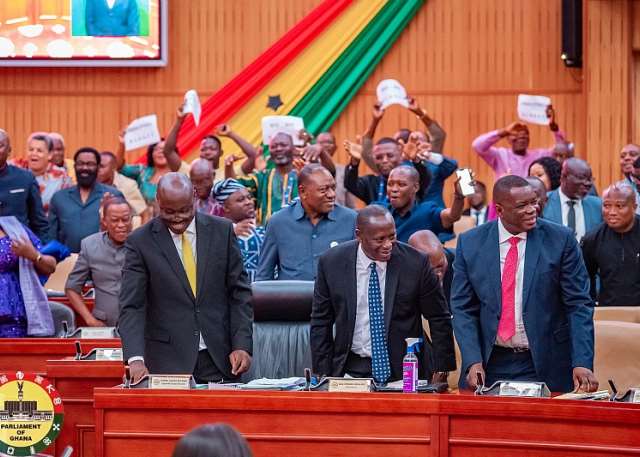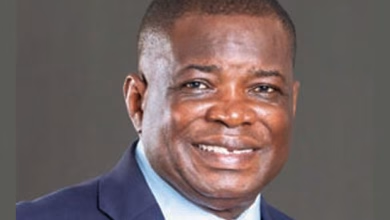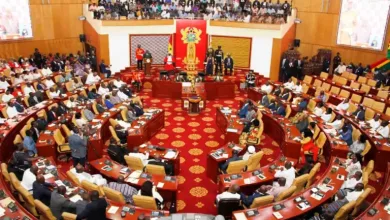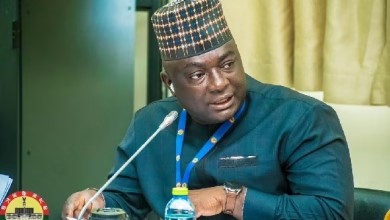“Minority MPs Boycott Vetting of Deputy Trade Minister-Designate”

- Minority Caucus boycotts vetting of Deputy Trade Minister-designate.
- Boycott due to economic difficulties, including crisis, food insecurity, and debt.
- Minority wants government to downsize, not appoint more ministers.
- Boycott may delay vetting process and hinder appointment.
The Minority Caucus on the Appointments Committee of Parliament has announced its boycott of the vetting of Kofi Ahenkorah-Marfo, the Deputy Minister-designate for Trade and Industry. The vetting process was scheduled for July 2, but the Minority members have opted out, citing the current economic difficulties in the country.
In a press release signed by the Minority Leader, Dr. Cassiel Ato Forson, the caucus explained that the economic challenges facing Ghana make it impossible for them to participate in the vetting process. The country is currently grappling with a crippling economic crisis, food insecurity, debt default, corruption, and wasteful expenditures.
The Minority members argued that the government’s excessive borrowing and reckless spending have led to the economic hardships, and therefore, they cannot support the nomination of a new Deputy Minister. They emphasized that the President should prioritize downsizing his government to reflect the economic realities and restore confidence in the economy.
The caucus pointed out that businesses are relocating from Ghana due to the high tax regime created by the Akufo-Addo/Bawumia government, and this should prompt the President to reduce the size of his government. Instead, the nomination of a new Deputy Minister suggests the opposite, which the Minority members cannot support.
The Minority members stressed that they will not participate in a decision that would further burden the already suffering Ghanaian people. They believe that the President is unmindful of the financial consequences of his bloated government and that this nomination would only exacerbate the situation.
The boycott is a clear indication of the Minority’s disapproval of the government’s handling of the economy and its decision to appoint another Deputy Minister. The move may delay the vetting process and potentially hinder the appointment of the Deputy Minister-designate.
The development also highlights the deepening rift between the ruling party and the opposition in Parliament. The Minority’s decision may be seen as a strategic move to pressure the government to address the economic challenges facing the country.
The government has yet to respond to the Minority’s boycott, but it is likely to reject their demands and proceed with the vetting process. The standoff may lead to further tensions in Parliament, making it challenging to pass critical legislation.
The economic challenges facing Ghana require a collective effort from both the ruling party and the opposition to address. The Minority’s boycott may be seen as a missed opportunity for dialogue and collaboration to find solutions to the economic crisis.
Ultimately, the development underscores the need for a more inclusive and collaborative approach to governance, especially in times of economic hardship. The country requires a united front to address its challenges, and the boycott may only exacerbate the existing divisions.






